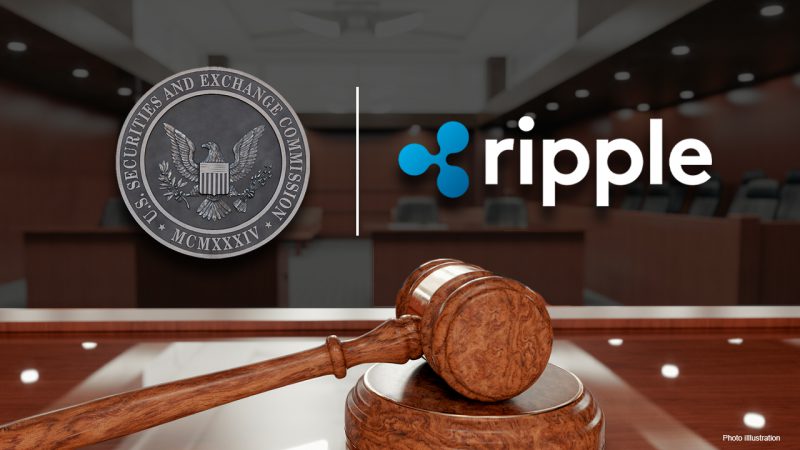The SEC v. Ripple lawsuit has been going on for almost a period of 14-months now. Just like any other legal battle, even this one has been typically characterized by both anticipated and unanticipated turns. Post a couple of rulings in the recent past, it did start to seem like the payments’ company, along with the individual defendants, Brad Garlinghouse and Chris Larsen, had an upper hand.
Just on Tuesday, for instance, Ripple made headway in the battle. As per the court documents, Judge Analisa Torres pronounced that she would allow the unsealing of three crucial documents with respect to the case. Owing to the positive turn, XRP’s price climbed by as much as 22% on Tuesday.
“No shame” in SEC’s game
The SEC, recently, refused to turn over the notes with respect to a 2018 meeting between Brad Garlinghouse and former Commissioner Roisman. The regulatory agency, in their motion, had claimed that they were “privileged.”
The notes were taken down by the then-counsel to Roisman, Mathew Estabrook. The regulatory agency claimed that it had learned about the notes only on 11 January this year when Estabrook cleaned out his desk as he prepared to leave his position at the SEC.
Ten days later when both parties met and conferred virtually, no resolution was reached. By the end of the month, Ripple urged the SEC to reconsider its assertion that the Estabrook notes were privileged. The agency, on 2 February, informed the defendants that it declined to change its stance.
In their latest Motion to Compel the SEC to produce the aforesaid notes, Ripple has now re-contended,
“… the Estabrook Notes are not privileged and should be disclosed. Notes taken down by SEC staff in the context of fact-gathering with third parties do not fall within the scope of the DPP, even if the information gathered may later be relied on for future policymaking.“
It went on to add,
“As with the other notes this Court ordered the SEC to produce, there is no evidence that that in the Estabrook Notes “certain facts were recorded while others were purposely omitted as an exercise of judgement or deliberation” or that such a decision was made to assist with agency decision making.“
Per the SEC, however, the notes were taken for the purposes of “ultimately advising” the Commission on policy. Tying back the same string around the SEC’s neck, Ripple went on to assert,
“The fact that the SEC relies on information it learns when it makes policy does not make all of the information the SEC learned privileged.”
Community swings to Ripple’s defence
People from the community were quick to take a dig at the SEC. Attorney Jeremy Hogan, for instance, claimed that the SEC had no “tenable basis” for raising a privilege. John Deaton, on the other hand, propounded, “There’s no shame in the SEC’s game!“
Stefan Huber, an ardent follower of the case development’s, went on to highlight the public-private privileged irony. He tweeted:





